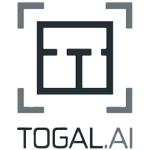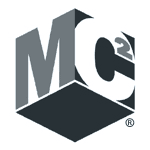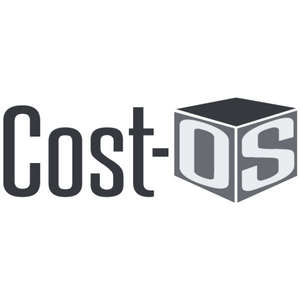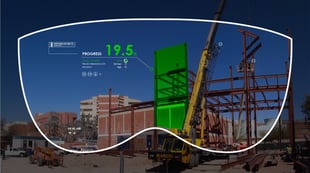5 Top Preconstruction Technology Trends for 2024
As we close out 2023, the construction industry is looking bright. We’ve increased the nominal value, nominal gross output, and spending on construction continues to increase. With the passing of laws affecting construction in 2021 and 2022, commercial construction is predicted to continue to grow.
But with growing demands and the lingering challenges of labor shortages and inflation, we must look at ways to increase efficiency. The best way to do that is through innovative technologies.
Stewart Carroll, President of Beck Technology preconstruction software company, provides his top four precon tech predications for 2024 below.
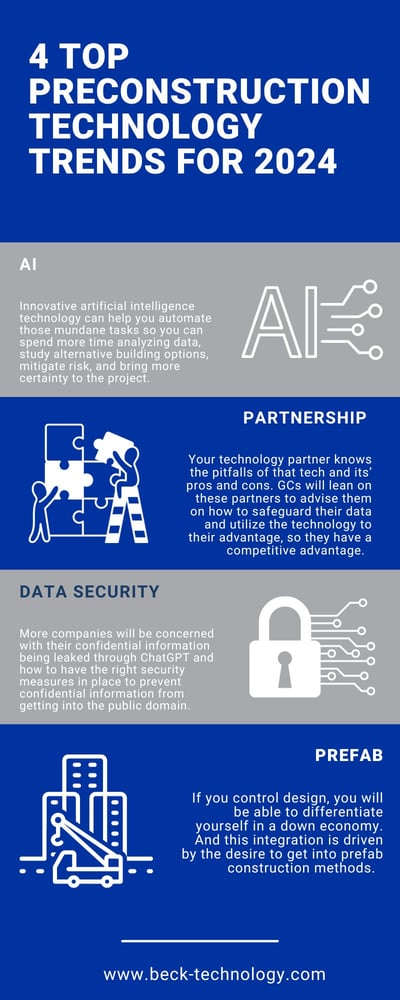
AI 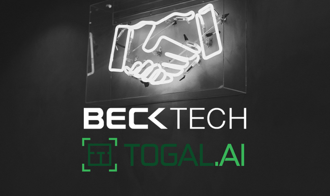
The most disruptive technology to hit every industry in 2023 was artificial intelligence. And though for the construction industry, it was more a slap and not a hit, we’ve seen a dramatic increase in the use of AI technology in RFID, BIM, prefab, robotics, AR and VR, and in takeoff software like Togal.AI.
Even though many are skeptical of using AI in construction, there are also those testing its boundaries to help in project estimation and using generative AI in design. Stewart believes that adoption of AI in preconstruction will continue to increase.
With regards to AI, Stewart encourages precon teams to embrace it. He says to identify your more laborious tasks that take a lot of effort and ask how AI can increase value to your customers. Innovative artificial intelligence technology can help you automate those mundane tasks so you can spend more time analyzing data, study alternative building options, mitigate risk, and bring more certainty to the project.
 Partnership
Partnership
Deloitte writes, “In a recent Deloitte survey, 55% of chief operating officers indicated that the main barrier to creating business value with artificial intelligence was identifying the right use cases. Additionally, top of mind for E&C firms are concerns around cyber risk, data security, and lack of trust. Developing comprehensive risk mitigation strategies can help address concerns as companies explore generative AI applications.” -
To combat that concern, Stewart believes there will be an increased emphasis on partnership. He says GCs are valuing more on the human element behind the tech solution, rather than just the technology itself.
Stewart says, “The technology is going to commoditized because of AI and I think the value to the customer is not just having a tool but having a trusted partner that can help the customer apply the technology and help the customer with things they haven’t even thought about.
Our customers specifically live in the world of design and construction. They’re not used to buying technology. They’re not used to the opportunities that can come from technology… and I think the day of the trusted advisor could be coming back around.”
Your technology partner knows the pitfalls of that tech and its’ pros and cons. GCs will lean on these partners to advise them on how to safeguard their data and utilize the technology to their advantage, so they have a competitive advantage.
Data Security 
Speaking of safeguarding your data, Stewart says there will be increasing concerns over how protected your data is and malicious intents to steal and use your data.
Stewart says that even though the risk of cyber-attacks will still be there in 2024, more companies will be concerned with their confidential information being leaked through ChatGPT and how to have the right security measures in place to prevent confidential information from getting into the public domain.
Prefab 
More GCs are exploring integration through bringing design in house. Stewart mentions that if you control design, you will be able to differentiate yourself in a down economy. And this integration is driven by the desire to get into prefab construction methods.
According to Global Market Insights, “the modular and prefabrication construction market size surpassed $147 billion in 2022.” Prefab meets the growing needs and expectations of the construction industry—it saves labor hours and costs, is more sustainable, and takes less time.
For example, DESTINI Estimator users and Beck Technology partners, Brasfield & Gorrie saved 25% in MEP installation, shifted 26,708 man-hours, and improved delivery schedule and quality when they used prefab to build the HCA Florida University Hospital.
Yet, there are still huge challenges when it comes to prefab. To make it worth it, you must have the construction volume to support it. And what software and technologies will allow you to bring design in house successfully?
Stewart predicts that in 2024, many general contractors will be seeking the best platform solutions for integration.
Platform Fatigue 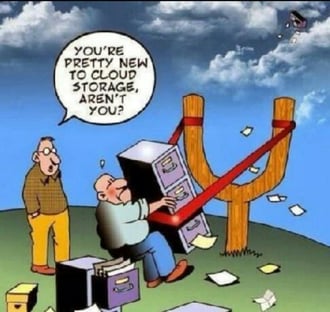
What do we mean by platform? A platform isn’t just one single software but a full solution. It is taking a group of different software that incorporates one area of your business, like DESTINI Estimator, DESTINI Bid Day and its integrations with Togal.AI, Procore, Autodesk, Power BI, and Join.
People used to complain about product fatigue—there were just too much software to choose from but now the platforms have gotten smaller and there’s a lot more of them.
Stewart says, “People are getting sick and tired of change” and we need to make sure we aren’t “changing for change’s sake.” You need to be deliberate in your choice of platform.
His predication is that general contractors will be more strategic and thoughtful when choosing a platform. He says instead of buying each individual solution, look at what you are trying to accomplish, establish your business case, and what the impact will be. When you establish your business case, you will be able to pick a platform that “solves the business’ entire problem.”
Investing in the Future
Autodesk writes construction companies that invest in technology “…outperform companies by as much as 48% on revenue and 15% on net margin.” And investment in construction technology in recent years is unprecedented—$50 billion from 2020 to 2022 to be exact.
We truly are in a construction technology revolution and in 2024, GCs will no longer be able to ignore digitizing processes to stay ahead.
If you would like to talk to us about how you can solve precon problems with our DESTINI platform, contact us here.

-1.png?width=112&height=112&name=image%20(4)-1.png)




